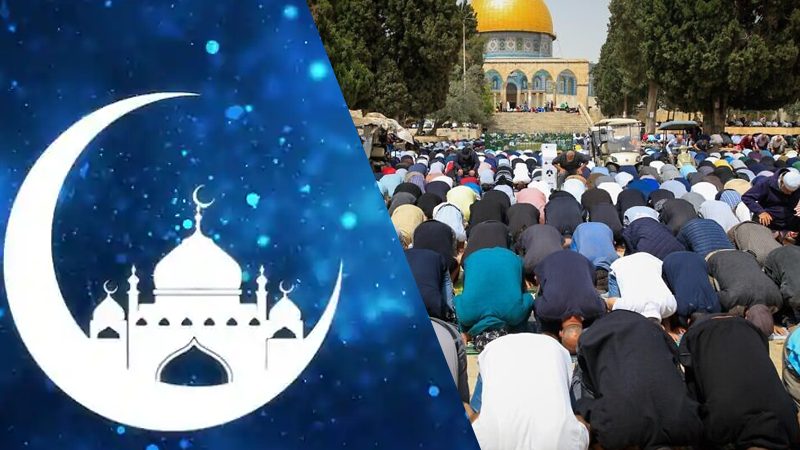Non-Muslims banned from Al-Aqsa Mosque for the rest of Ramadan

Israel, a Middle Eastern country on the Mediterranean Sea, has banned visits by non-Muslims to the Al-Aqsa Mosque in Jerusalem until the end of the holy month of Ramadan.
However, Israeli security forces allowed 800 settlers to pray during visits to the compound on Tuesday morning, the sixth day of the Passover holiday, a Jewish holiday that celebrates the story of the Israelites’ escape from slavery in Egypt. The move breaches the agreement that prohibits non-muslims in Al-Aqsa during the last 10 days of the Muslim holy month of Ramadan.
Itamar Ben-Gvir, the Minister of National Security of Israel, denounced the ban. He reportedly said, “When terrorism strikes us we must strike back with great force, not surrender to its whims.” Sheikh Ekrima Said Sabri, the former grand mufti of Jerusalem and Palestine, also slammed Israel over the ban.
Read | Kuwait News unveils AI-generated news presenter ‘Fedha’
Al Aqsa is one of the holiest sites in Islam. Muslims believe it is the first qibla in Islam. It is also embraced by Palestinian Muslims and Christians. It also holds a rich history for Jews. The mosque has a house of worship and community space. It is important for all three Abrahamic faiths. Jews refer to Al Aqsa as the Temple Mount. The site’s Western Wall is known as the Wailing Wall to Jews.
The site was renovated many times during the Ummayad dynasty, the Abbasids, and the Ottoman Empire. It was used as dumping grounds by Romans until Hazrat Umar cleared the site.
The site has already witnessed mounting violence over the years. During Ramadan 2021, Israeli security forces raided the site and attacked worshippers. In Ramadan 2022, Israeli forces conducted multiple raids at the site to allow Israeli settlers to enter the site for the Jewish Passover commemoration. Most clashes reportedly occurred because of Israeli settlers trying to pray within the compound of the site.




